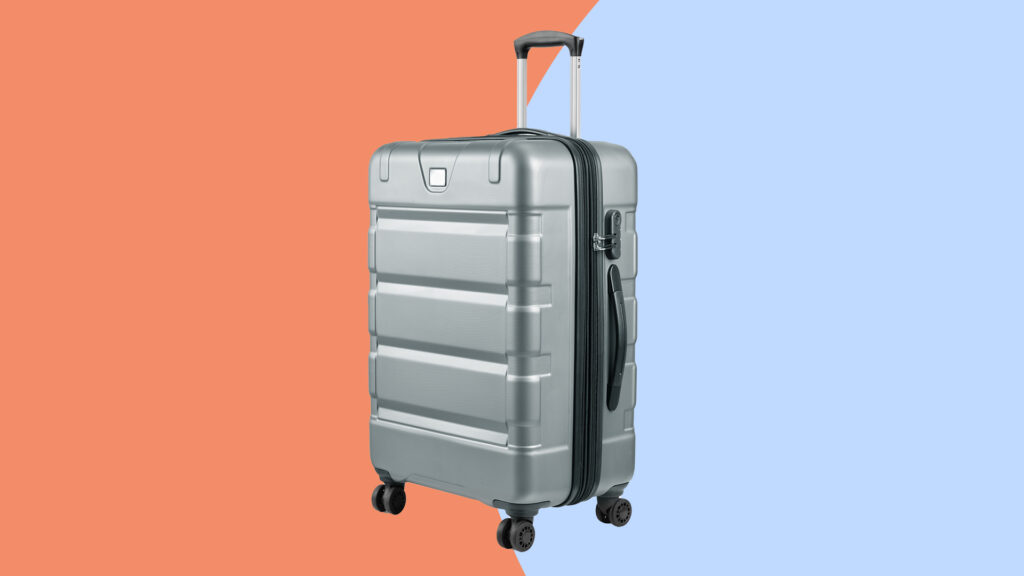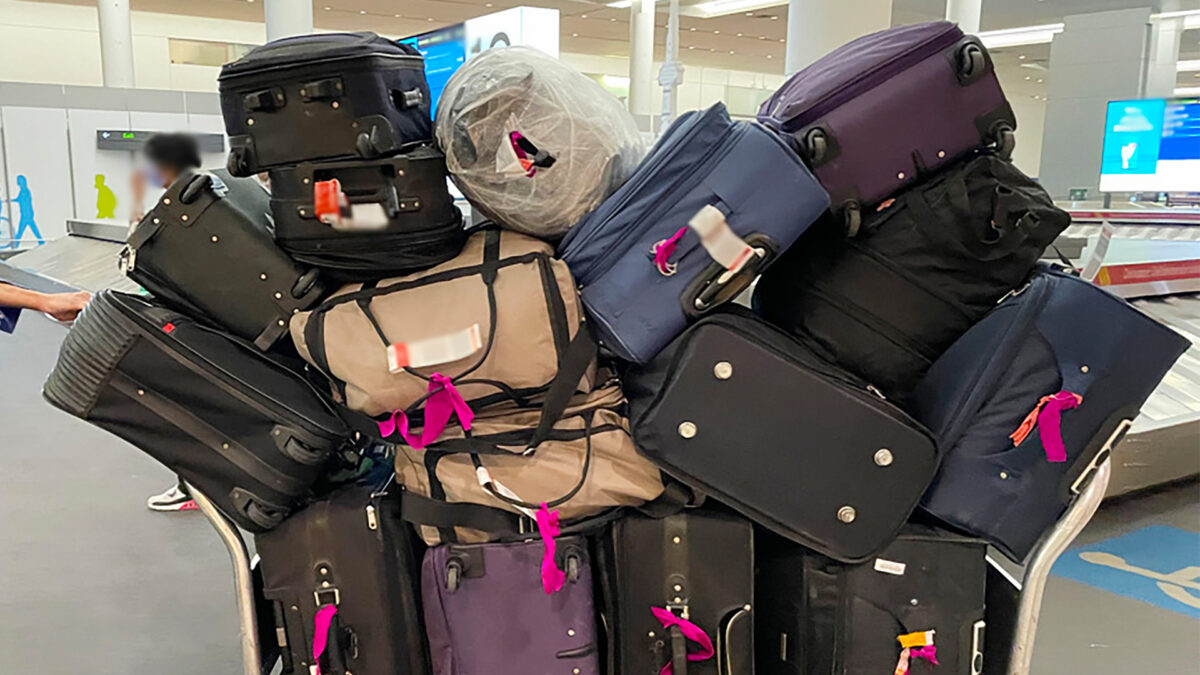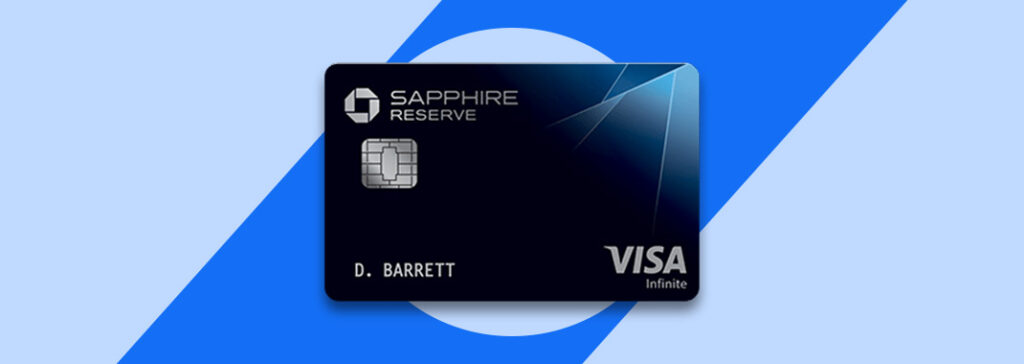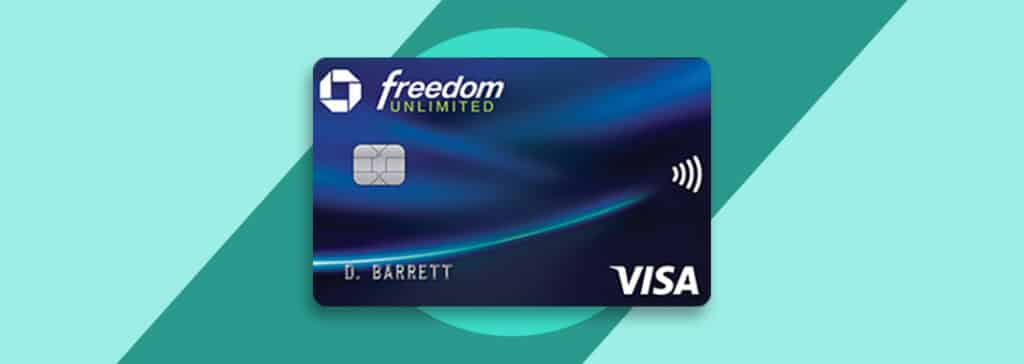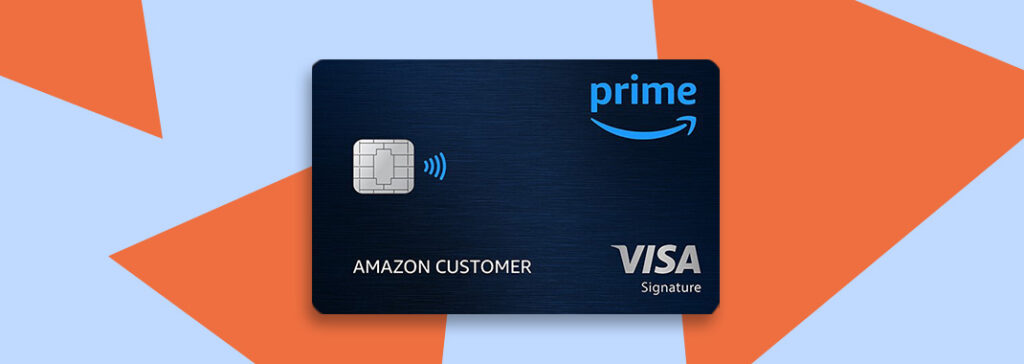Most products on this page are from partners who may compensate us. This may influence which products we write about and where and how they appear on the page. However, opinions expressed here are the author's alone, not those of any bank, credit card issuer, airline or hotel chain. This page may include information about American Express products currently unavailable on Slickdeals. American Express is not a partner of Slickdeals.
Is Travel Insurance Worth It?
With summer in full swing, travel is on a lot of people's minds. But before you jump on your next flight, you might be considering investing in a travel insurance policy. And you're not alone—travel insurance can be worth it for many people, and here are two scenarios when you might want to have it.
1. For Those Traveling Outside the Country
For those who are going out of the country or a place where their health insurance coverage doesn't apply, it can make sense to get medical coverage for emergency evacuation or medical care. Without it, you could be on the hook for thousands (or more) in medical expenses if you engage in high-risk activity such as a diving accident abroad. If you're staying on a month-long vacation overseas, the risk of a medical emergency can also increase.
On the other hand, if you are staying in-country where your regular health insurance will cover you for medical emergency treatment, or if you have a relatively small amount of money at risk, travel insurance may not seem worth it. It depends on your own specific risk-reward calculation, and whether you would feel comfortable if you had to walk away from the trip should your situation change from the booking conditions you had when you first made your plans.
2. For Those Who Paid a Big Nonrefundable Deposit
Another instance where travel insurance may be worth it for many people is if they prepaid a large expense for the trip. In these situations, you may be reimbursed if anything goes wrong.
Common examples of this might be a cruise line trip or nonrefundable expenses like a deposit or airline flights. If you have a significant amount of money on the line (more than you would be willing to lose), it can be worth it to insure the trip to cover against a situation like a family member emergency where you would have to cancel the trip or leave early.
What Is Travel Insurance and What Does It Cover?
Travel insurance is actually more of a catchall term that can refer to several types of insurance policies often used by travelers.
Travel insurance policies vary, but they can offer coverage for a variety of events that can arise during a trip, including:
- Emergency medical evacuations
- Trip delays
- Baggage loss
- Rental car insurance
- Trip cancellations
Some travel insurance policies may even cover pre-existing medical conditions, though you may have to disclose the pre-existing condition and/or get a pre-existing conditions waiver from the insurance carrier. Travel insurance can make sense in a variety of situations depending on one's financial situation and how comfortable an individual is with risk.
 Related Article
Related Article
6 Ways to Make Your Points Go Further When Redeeming for Travel
When Travel Insurance Is Not Necessary
While travel insurance can be hugely important in situations where someone is traveling out of the country or if there is a lot of money at risk if a trip is canceled, it's not always necessary.
For shorter (cheaper) domestic trips where the traveler is covered by their own medical insurance and there isn't a lot of nonrefundable expenses at stake, travel insurance may seem unnecessary and an excessive expense.
It's worth noting that some travel rewards credit cards offer some level of protection, as well, though this is more for things like car rentals and lost bags.
Types of Travel Insurance Policies
Here are four of the most popular types of trip insurance for travelers:
- Trip cancellation and interruption insurance: For those who have already paid a significant amount of non-refundable expenses, trip cancellation or interruption travel insurance might be beneficial. This offers coverage for situations such as last-minute cancellations or if you need to leave early.
- Baggage and flight delay insurance: This type of travel insurance can cover you if your flight is delayed or if your checked or carry-on bags are lost or delayed. You may be able to file a claim to recover the value of the items you lost in your luggage, especially if they are valuable items like laptops or cameras.
- Emergency medical insurance: Medical insurance can cover medical costs incurred while traveling, including coverage at an adequate care facility. This is most useful when traveling in a country where your traditional health insurance doesn't cover you.
- Evacuation insurance: This can cover you if you need emergency transport to be evacuated back to your home as part of a medical emergency.
FAQs
-
Many travel insurance policies will provide trip interruption benefits or medical benefits due to COVID, but you want to check before you buy a policy to see exactly what is covered. To be insured for COVID under travel insurance, you will have to look for travel insurance providers that specifically state they offer COVID coverage under their travel insurance policies.
-
It depends, but homeowners, renters or auto insurance may be applicable for travel-related incidents.
You'll want to check with your insurance agent or read your policy documents to be sure, but generally, homeowners and renters policies do offer coverage for theft of belongings, even while you are traveling.
It's also common for your auto insurance policy to provide some benefits while you're driving, no matter what car you're driving, including rental vehicles. Many credit cards also provide insurance benefits for car rentals. Check your policy or credit card information to you understand exactly what is covered. You will need to check with your insurer and the fine print of your insurance policy to verify the extent of the coverage.
-
Costs vary, but some small policies are less than $100, while others can cost several hundred dollars or more. Research the type of coverage you need and shop around to compare prices.
Best Travel Credit Cards
Visit the Marketplace